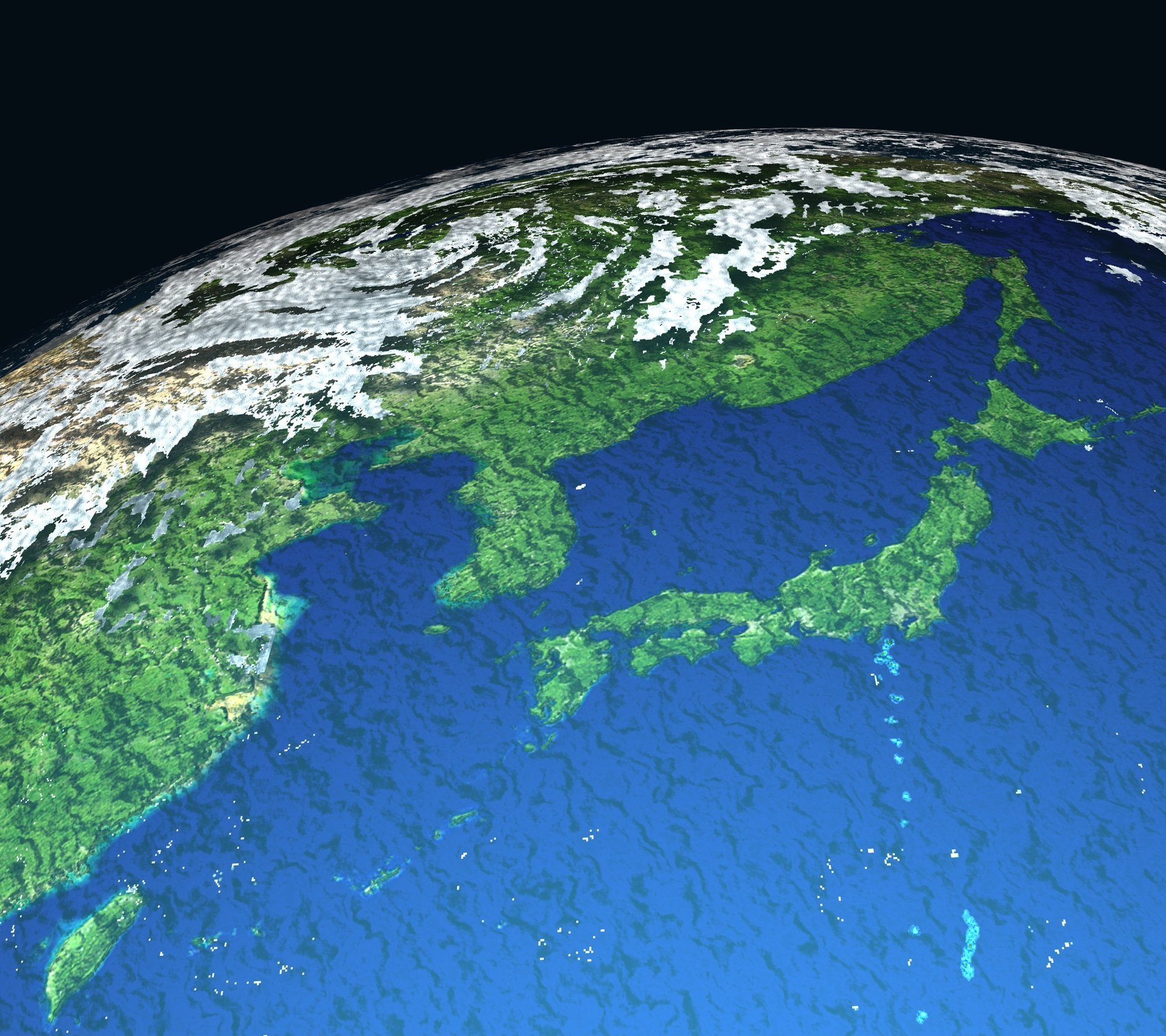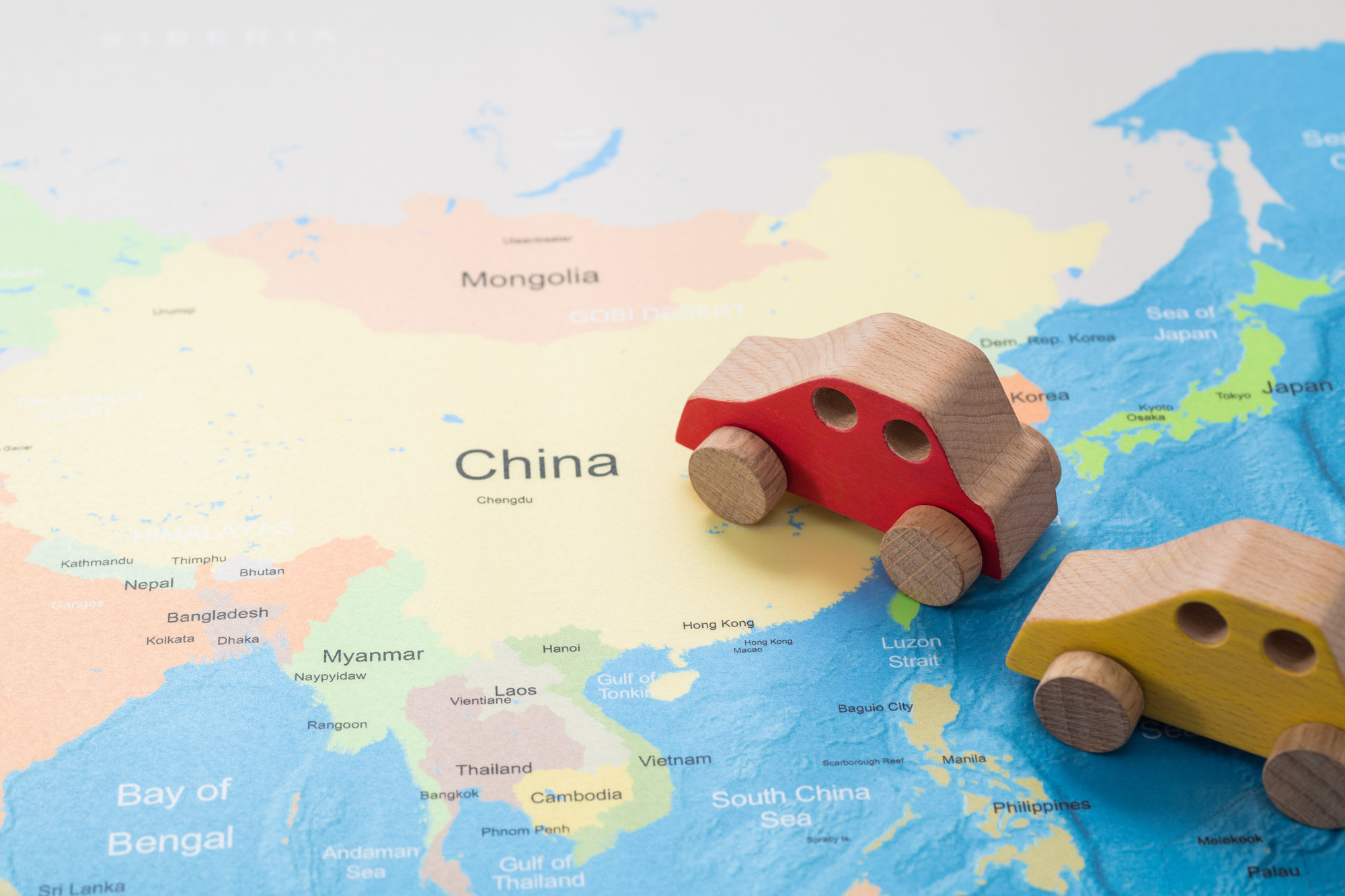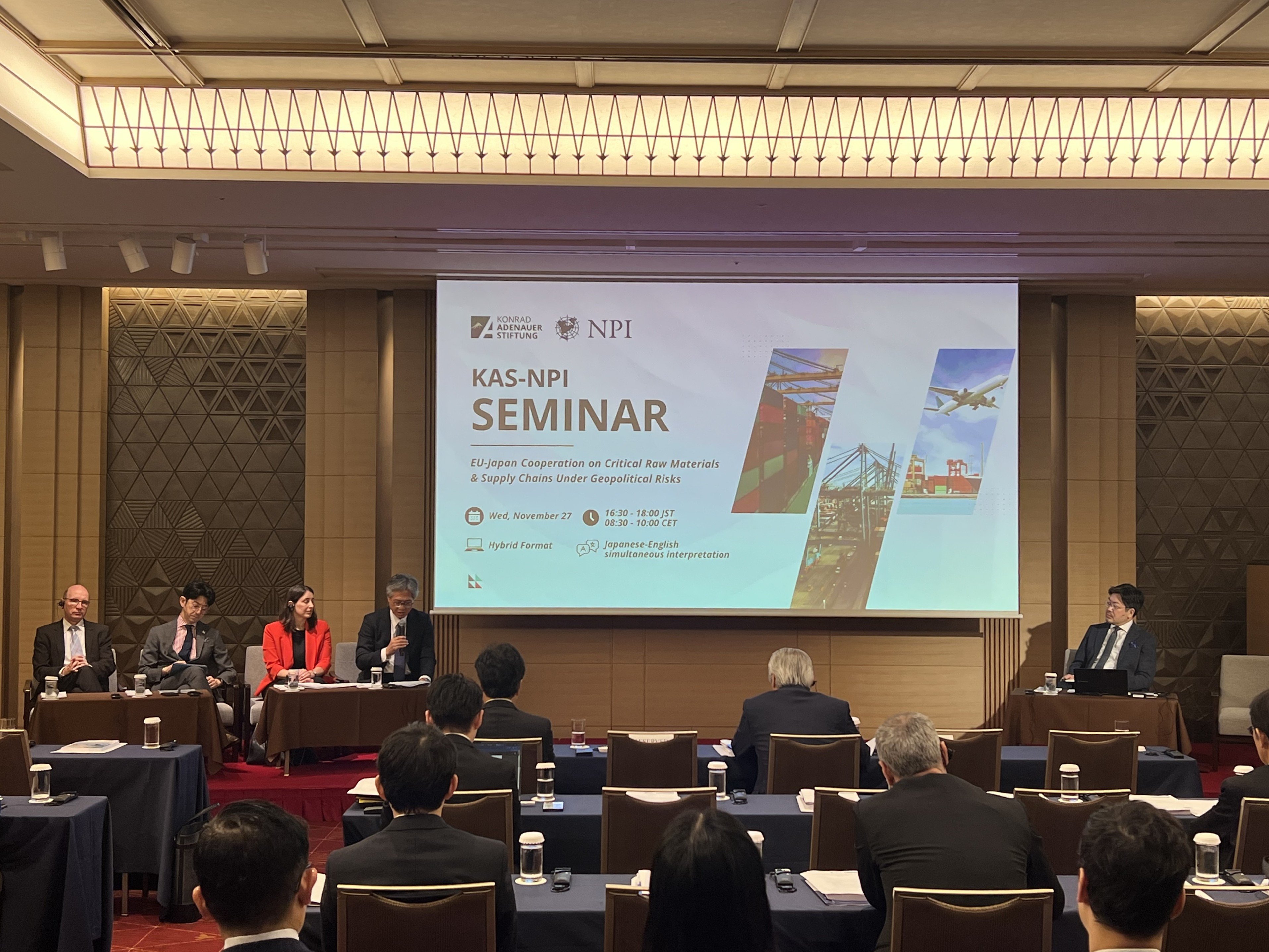2012/11/13
No. 165: Yoshiyuki Kasai, "Nuclear Energy is Indispensable for Japan's Future"
[PDF version]
Japan's energy policy is losing its way. This past September, the Democratic Party of Japan's Advisory Committee on Energy and the Environment put together a policy for "zero nuclear power plants by the 2030s." A Cabinet resolution approving this policy was averted at the strong request of the US, but such a policy can only be termed unbelievable and unwise.
A stable supply of affordable, high-quality electric power is absolutely essential for safeguarding Japanese industry and maintaining jobs and living standards in Japan. The government has an obligation to lead the way in developing policies to ensure such a supply. Given the undeniable reality that nuclear power is a vital source of electricity, it is frustrating to see politicians abnegating their responsibilities, closing their eyes to reality and refusing to think about it.
Although experts on nuclear power should be making full use of the lessons learned from the recent accident and staking their prestige on informing the public that ensuring nuclear power safety is quite feasible, they remain daunted and silent.
Electric power is the bloodstream of economic activity. Following the suspension of nuclear power plant operations, Japan had to divert about three trillion yen of the country's wealth to procure additional fossil fuels in FY2011, and the unit price for electricity has risen about 25%. This situation has grown even more serious in FY2012, with unit prices expected to rise by as much as 50%. Already slowed by the appreciating yen and rising personnel costs, the Japanese economy is rapidly losing steam in the face of higher electricity costs. As things stand now, industry will decline, jobs will be lost, and the people will be impoverished.
While some advocate the versatility of renewable energies, the fact is that these energies have poor generating efficiency, and it is also doubtful that they could substitute for nuclear power in terms of price. How will Japan reliably ensure affordable, high-quality electric power in the absence of nuclear power? How will Japanese manufacturing compete on the world market without a stable supply of inexpensive electric power? How will Japanese citizens find work and maintain their standards of living without a robust manufacturing industry?
Politicians who refuse to face the challenge before them catering to popular sentiment will certainly set the country on the wrong course. The activists calling for nuclear power to be abolished and replaced by renewable energies as well as the politicians following them bear a striking resemblance to those who once drove the nation to war, proclaiming that "we can defeat America's material might with conviction in victory and bamboo spears," at the risk of the country's very existence.
Politicians convincingly declare that they will bow to the will of the people. However, politicians should by right instead be informing and leading public opinion. The general populace is not necessarily aware of the price to be paid for its demands, and often it is only when the public is faced with the actual consequences that it comes to realize this price. There are countless precedents throughout human history of countries brought down by unwise actions, while politicians accommodated themselves to the public and experts chose to hold their tongues rather than dissuading the misguided.
When asked whether they agree with particular positions on energy policy, many members of the public focus almost exclusively on the risks of nuclear power, unaware of the price that must be paid if nuclear power is discarded. It would be a serious error for citizens to believe that nuclear power can be abandoned without any change at all to their lifestyles.
Risk is an inherent part of day-to-day life, as it is of transport systems such as automobiles, aircraft, and Shinkansen trains. As many as 5,000 people are killed each year in automobile accidents. If an airplane crashes, the passengers die. Aircraft are manufactured with a design concept of avoiding crashes, but unquestionably there are contingencies that simply cannot be anticipated. Japan's Shinkansen trains, too, guarantee systemic safety with a design concept for avoiding collisions similar to that of aircraft but, though there have been no deaths or injuries of passengers on board recorded in the 50 years or so of Shinkansen operation, external risks such as terrorist attacks cannot be completely eliminated. Nevertheless, people have not forsaken the convenience of these means of transport. The bottom line is that people consider the degree to which risk can be controlled or overcome and the level of risk they themselves are willing to take whenever they use these systems.
Nuclear power is similar in nature. In light of the enormity of a nuclear power plant accident, thorough safety measures must be put in place to contain any damage. Applying the lessons learned from accidents is an extremely effective approach to establishing the world's best safety measures. Addressing rather than running away from the problem and controlling the risks of nuclear power will open the way to a bright future for Japan, and this is possible.
The energy issue is one of life and death for Japan as it stands on the edge of a precipice. Recognizing adverse consequences only after they have occurred is too late and unacceptable. With the politicians calling for "zero nuclear power plants" catering to the public they should be leading and the business/financial leaders and technocrats standing mute, if Japan does not wake up soon, the country will simply add a new page to the world history of countries that have gone down in ruin.
Yoshiyuki Kasai is Chairman, Central Japan Railway Company (JR Central).
The views expressed in this piece are the author's own and should not be attributed to The Association of Japanese Institutes of Strategic Studies.








